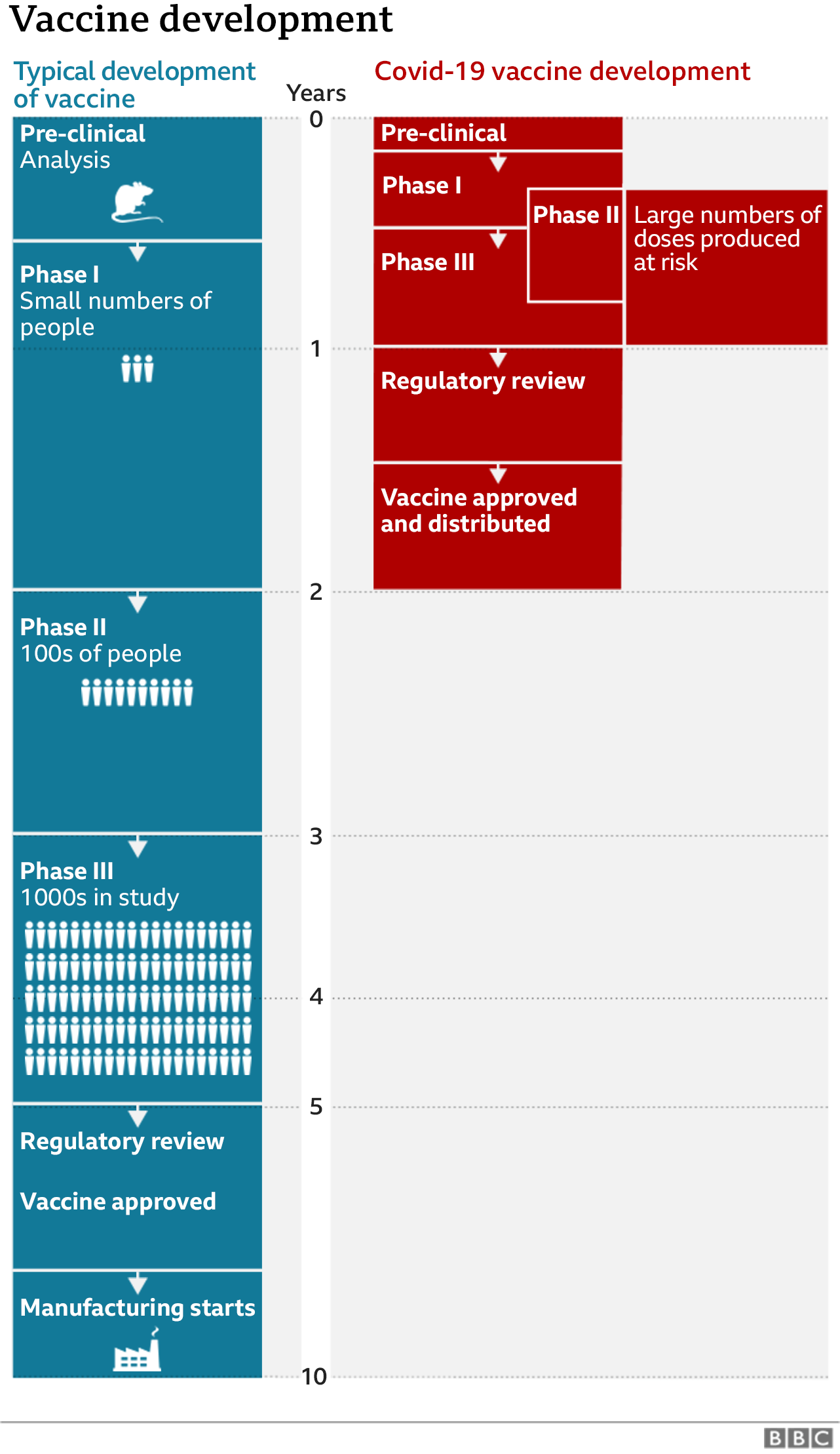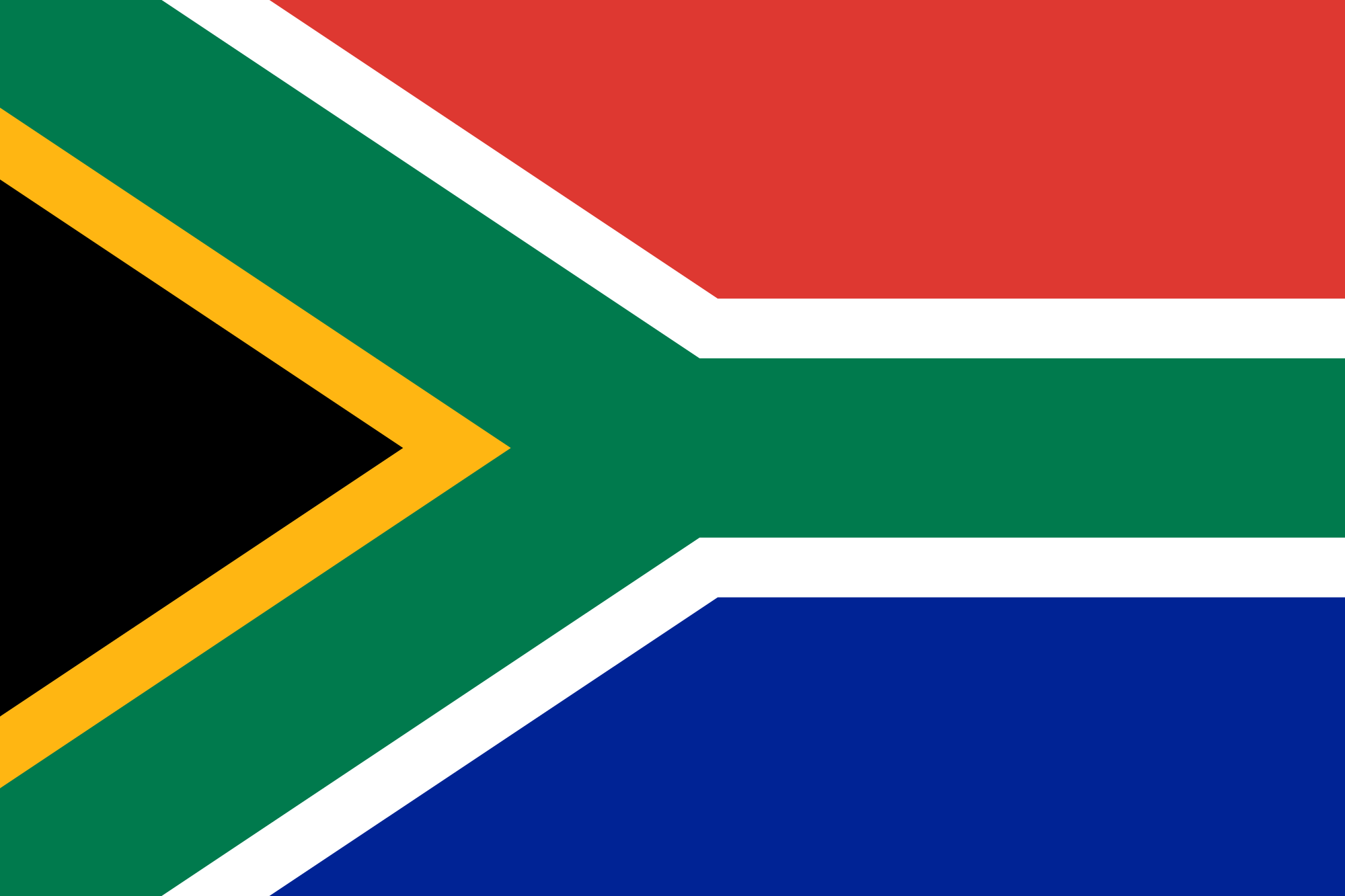SCORES and possibly hundreds of labourers were stabbed and hacked to death in Ethiopia’s Tigray region, rights group Amnesty International has said, as federal troops claimed major advances in their offensive against local forces.
“This is a horrific tragedy,” Amnesty said in a statement, citing witnesses as blaming local rulers, the Tigray People’s Liberation Front (TPLF), for the killings, which it said took place two days ago.
Earlier, Ethiopian Prime Minister Abiy Ahmed had accused his foes of committing atrocities during a week of fighting that threatened to destabilise the Horn of Africa. Abiy said the Ethiopia military had defeated local forces in the west of the state.
Air strikes and ground combat have killed hundreds, sent refugees flooding into Sudan, stirred Ethiopia’s ethnic divisions and raised questions over the credentials of Abiy, 44, Africa’s youngest leader and winner of a Nobel Peace Prize in 2019.
With communications down and media barred, independent verification of the status of the conflict was impossible.
Amnesty said in a gruesome report that the killings had taken place in the town of Mai Kadra in Tigray’s southwest and that witnesses described bodies with gaping wounds that appeared to have been inflicted with knives or machetes.
“Amnesty International has not yet been able to confirm who was responsible for the killings, but has spoken to witnesses who said forces loyal to the TPLF were responsible for the mass killings, apparently after they suffered defeat from the federal EDF forces,” it said.
There was no immediate response from the Ethiopian government or Tigray’s local leaders.
REFUGEES FLEE
There are fears the conflict may suck in Eritrea, whose government signed a peace pact with Abiy two years ago but remains hostile to the Tigrayan leadership. It may also weaken Ethiopia’s role in an African Union force opposing Islamist militants in Somalia.
Major conflict could also hinder foreign investment in Ethiopia’s economy, which had clocked nearly double-digit annual growth for years before the coronavirus hit and is liberalizing, with multinationals particularly eyeing the telecoms sector.
The TPLF, which rules the mountainous northern state of more than 5 million people, announced a state of emergency against what it termed an “invasion”.
Abiy accuses the TPLF of starting the conflict by attacking a federal military base and defying his authority, while the Tigrayans say they have been persecuted during his two-year rule.
“The western region of Tigray has been liberated,” tweeted Abiy, who comes from Ethiopia’s largest ethnic group, the Oromo, and once fought with the Tigrayans against neighbouring Eritrea.
The prime minister said some of his soldiers had been found dead in the town of Sheraro, shot with their legs and arms tied behind their back. “This kind of cruelty is heartbreaking,” he said.
He did not say how many bodies were found or provide proof. Reuters could not verify his allegation and there was no immediate response from the TPLF, which has accused federal troops of being “merciless” in bombing Tigrayans.
More than 11,000 Ethiopian refugees have crossed into Sudan since fighting started and aid agencies say the situation in Tigray is becoming dire. Even before the conflict, 600,000 people there were reliant on food aid.
ARRESTS AND PROTESTS
The U.N. refugee agency’s representative in Ethiopia, Ann Encontre, told Reuters negotiations were underway with both sides for humanitarian corridors.
A “major emergency” may be brewing with so many people escaping to Sudan, she warned. Half of the refugees were children and some were wounded.
After taking office in 2018, Abiy was applauded for opening up a repressive political system, including freeing activists from jail and lifting bans on opposition political parties. He won his Nobel prize for the peace accord with Eritrea.
But his democratic transition was already waning even before the push on Tigray, experts say, including jailing a prominent opposition member and restricting media.
Abiy has so far resisted calls by the United Nations, the African Union and others for a ceasefire and talks.
The army said the transitional rule would be set up in parts of Tigray and urged local forces to surrender.
In a wider push against the TPLF, Ethiopia’s parliament stripped 39 members, including Tigray regional president Debretsion Gebremichael, of immunity from prosecution.
Police said they had arrested 242 TPLF activists suspected of plotting attacks in Addis Ababa. Weapons including bombs and bullets were also confiscated, the city’s police chief said.
Also in the capital, volunteers lined up at a stadium to donate blood for injured armed forces members. Some waved the Ethiopian national flag.
And in what seemed to be a government-backed attempt to win the propaganda war over Tigray, thousands marched in anti-TPLF protests in the Oromia, Somali and Afar regions, Fana reported.
Source – Thomson Reuters Foundation.
SOUTH Africa will open up travel to all countries in an effort to boost the tourism and hospitality sectors, President Cyril Ramaphosa has announced, despite having the highest number of confirmed COVID-19 cases on the continent.
Africa’s most advanced economy, which has recorded more than 740,000 COVID-19 cases and over 20,000 deaths, has seen infections rise since it eased lockdown restrictions in September to their lowest levels.
Ramaphosa, in a televised national address, said normal trading hours of alcohol would be restored too, after-sales were restricted on weekends in an effort to reduce pressure on hospitals due to alcohol-related accidents.
“We are also opening up international travel to all countries subject to the necessary health protocols and the presentation of a negative COVID-19 certificate,” he said.
“By using rapid tests and strict monitoring we intend to limit the spread of the infection through importation,” he added. “We expect that these measures will greatly assist businesses in the tourism and hospitality sectors.”
The president did not give further details or a specific date for the reopening. A presidency spokesperson could not immediately be reached for comment.
South Africa opened its borders to some international travellers at the beginning of October after a six-month ban, but the restricted entry from high-risk countries, with the latest list including the United States, the United Kingdom, France, Russia, Brazil and India.
The country depends heavily on tourism, which prior to the pandemic contributed nearly 9% of its gross domestic product and employed over 4% of the workforce.
The economy was already in recession before the pandemic struck, and one of the world’s strictest lockdowns has exacerbated its woes with millions of its citizens losing their jobs or being pushed deeper into poverty.
Ramaphosa, however, warned of a potential resurgence in infections, saying the number of new cases in the Eastern Cape province was 50% higher than the week before, with higher infection rates also seen in the Northern Cape and Western Cape regions.
“We have also seen in other countries how a resurgence can dash hopes for a swift economic recovery,” he said.
Source – Thomson Reuters Foundation.
BOTSWANA has signed an agreement with the global vaccine distribution scheme co-led by the World Health Organization, giving it the option to buy coronavirus vaccines for 20% of its population, a senior health official told Reuters.
The southern African country has registered a relatively low number of coronavirus cases, around 7,800 with 27 deaths, but its economy has been dealt a severe blow by the pandemic.
Unlike many other African countries, Botswana does not qualify for subsidised vaccines under the COVAX scheme because it is classified as an upper-middle-income country like neighbours Namibia and South Africa.
Botswana made an upfront payment to COVAX this week and will have the option to secure roughly 940,800 vaccine doses under a two-dose regimen, Moses Keetile, deputy permanent secretary in the health ministry, said in an interview.
Botswana’s population is around 2.3 million.
“20% coverage is the initial allotment guaranteed under the arrangement,” Keetile said.
With more than 180 countries involved, the COVAX facility aims to make available 2 billion doses of safe and effective COVID-19 vaccines by the end of 2021, with self-financing countries like Botswana participating either through optional purchase or committed purchase arrangements.
Botswana went for the optional purchase model to allow it to opt-out at a later stage if necessary, Keetile said, adding that it would ask development partners to contribute towards payments to the facility that are outstanding.
Botswana could also consider bilateral deals with vaccine manufacturers if the need arises, but currently, COVAX is its preferred procurement route.
The country recently reopened its international borders to try to support its battered tourism sector, a major foreign-exchange earner, and cushion the blow of a forecast economic contraction of around 9% this year.
Source – Thomson Reuters Foundation.
The Brazilian clinical trial for a Chinese Covid-19 vaccine has been suspended after health authorities reported a "severely adverse" incident.
Brazilian health regulator Anvisa said the incident took place on 29 October but did not give further details.
The CoronaVac vaccine, developed by the Chinese firm Sinovac Biotech, is one of several in final-stage testing globally.
Sinovac says it is "confident in the safety of the vaccine".
The firm has already been using it to immunise thousands of people at home in an emergency use programme.
Brazil has been one of the countries worst affected by the coronavirus, recording more than 5.6m confirmed cases - the third-highest tally in the world after the US and India - and nearly 163,000 deaths so far, according to data collated by Johns Hopkins University.
Why was the trial halted?
On Monday Anvisa said it had "ruled to interrupt the clinical trial of the CoronaVac vaccine after a serious adverse incident".
It did not reveal what happened, nor where it took place. Late-stage trials for the Sinovac vaccine are also being conducted in Indonesia and Turkey, but neither of these countries have announced a suspension.
Indonesia's state-owned Bio Farma said on Tuesday that its own Sinovac vaccine trials were "going smoothly", according to Reuters news agency.
Dimas Covas, the head of Butantan, the medical research institute conducting the Brazilian trial, told local media that the trial's suspension was related to a death. However, he insisted that the death was not related to the vaccine, Reuters said.
Sinovac said on Tuesday that it was communicating with Brazil about the reported incident.
"We learned the head of Butantan Institute believed that this serious adverse event (SAE) is not related to the vaccine," it said in a statement. "The clinical study in Brazil is strictly carried out in accordance with GCP (Good Clinical Practice) requirements and we are confident in the safety of the vaccine."
Butantan has said it will hold a news conference on Tuesday at 11:00 local time (14:00 GMT).
A pause in a clinical trial is not unusual. In September, the UK paused trials for another Covid-19 vaccine after a participant had a suspected adverse reaction.

The trials for the vaccine being developed by AstraZeneca and Oxford University were resumed a few days later after regulators said it was safe to continue.
Brazil's President Jair Bolsonaro has been open about his preference for the vaccine being developed by AstraZeneca, saying his government would not buy a Chinese-made Covid-19 vaccine.
Where are we in the search for a vaccine?
CoronaVac is one of around a dozen vaccines in the final stage of testing - known as a phase 3 trial - around the world.
This is a crucial point in vaccine development, where some experimental vaccines will fail.
The news of its suspension in Brazil came shortly after a rival vaccine developer, the US pharmaceutical company Pfizer, said its own vaccine candidate had shown 90% effectiveness.
Last month the Oxford vaccine trial reviewed the death of a volunteer in Brazil, saying an assessment had revealed no safety concerns.
How has China used experimental vaccines?
Separate from the phase 3 trials being held overseas, China is also administering experimental Covid-19 vaccines at home.
CoronaVac is among three experimental coronavirus vaccines China has been using to inoculate hundreds of thousands of people under an emergency use programme.
Last month the BBC filmed hundreds of people in the city of Yiwu queuing to get the vaccine after authorities approved the distribution to anyone who wanted the injection.
A businessman who is due to have the second of the required two jabs imminently told the BBC that he would go ahead with it, adding that it is "worth it considering the high infection rate abroad".
Sinovac has previously said almost all of its employees and their families have received the vaccine.
And a Chinese health official earlier said that serious side effects have not been observed in clinical trials.
Source: BBC World News




